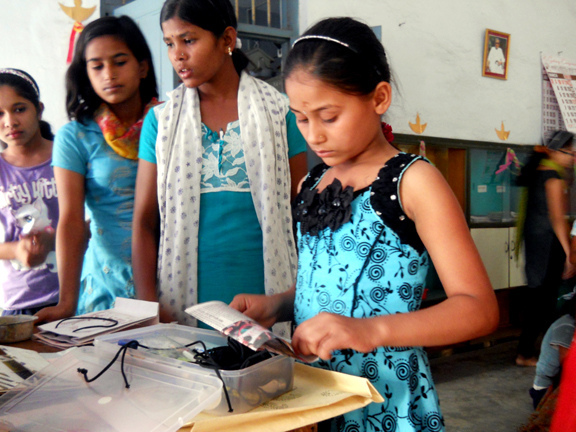How to Spell Words Made Easy: Go Back To The Roots

Note: Julie Bradley has been an educator for more than 30 years. Her expertise has taken her to outback Australia and around the world presenting to educators and parents on spelling and foundational skills. Mrs Bradley is Managing Director of Smart Achievers, a worldwide distributor for Smart Words Spelling, Reading and Perceptual Motor Programs.
Another amazing session in Minnesota, USA with spelling guru, Denise Eide, was on Greek and Latin roots. You might wonder why we need to bother with these when we are learning how to spell words in English. What’s interesting is that 95% of multisyllabic words in English are based on Latin and Greek roots.
Here are some key points from the lessons:
Knowing the history of words and sounds helps us to understand how to spell them. If we know which, when and how to use suffixes and prefixes we can extend our working vocabulary by thousands of words in one lesson, in one day.
We have to start getting smarter in the way we are teaching our kids. This is very important if we want our kids to be considered literate and to know 200,000 words by the time they are 26 years old.
A list of 20 words a week is not going to help kids make the grade. In fact, they won’t even rate as ‘average’ if they learn 100 words a week. They have to learn 27 words a day, 365 days a year, for 20 years to rate as ‘well educated.’
With some clever teaching, kids can learn how to spell thousands of words. We can help them do this with simple explanations and a few well planned activities.
When kids know how to spell words, they know the code needed to read and write. Reading won’t teach kids to spell, though. If they don’t know the code well, they won’t trust it enough to use it. That’s why we have so many struggling readers today.
No kid should be left behind. You may think ‘so what if they can’t spell?’ Did you know that 85% of juvenile offenders are functionally illiterate? Literacy rates are closely tied to delinquency and are considered by some to be the best predictor that a kid may end up in prison or on welfare. Today, 70% of inmates are functionally illiterate!
So my question is: what do you want for your kids?
In four days in the Minnesota, USA I have learnt amazing ways to make it easier for our kids to learn how to spell words so they can achieve success in both reading and writing.
I can’t wait to get home and start sharing it all with you.
Join my quest to help kids so we don’t hear any more sad stories of kids feeling “dumb” and ashamed because they can’t read and write.
Let’s change our children’s lives for the better, today.





